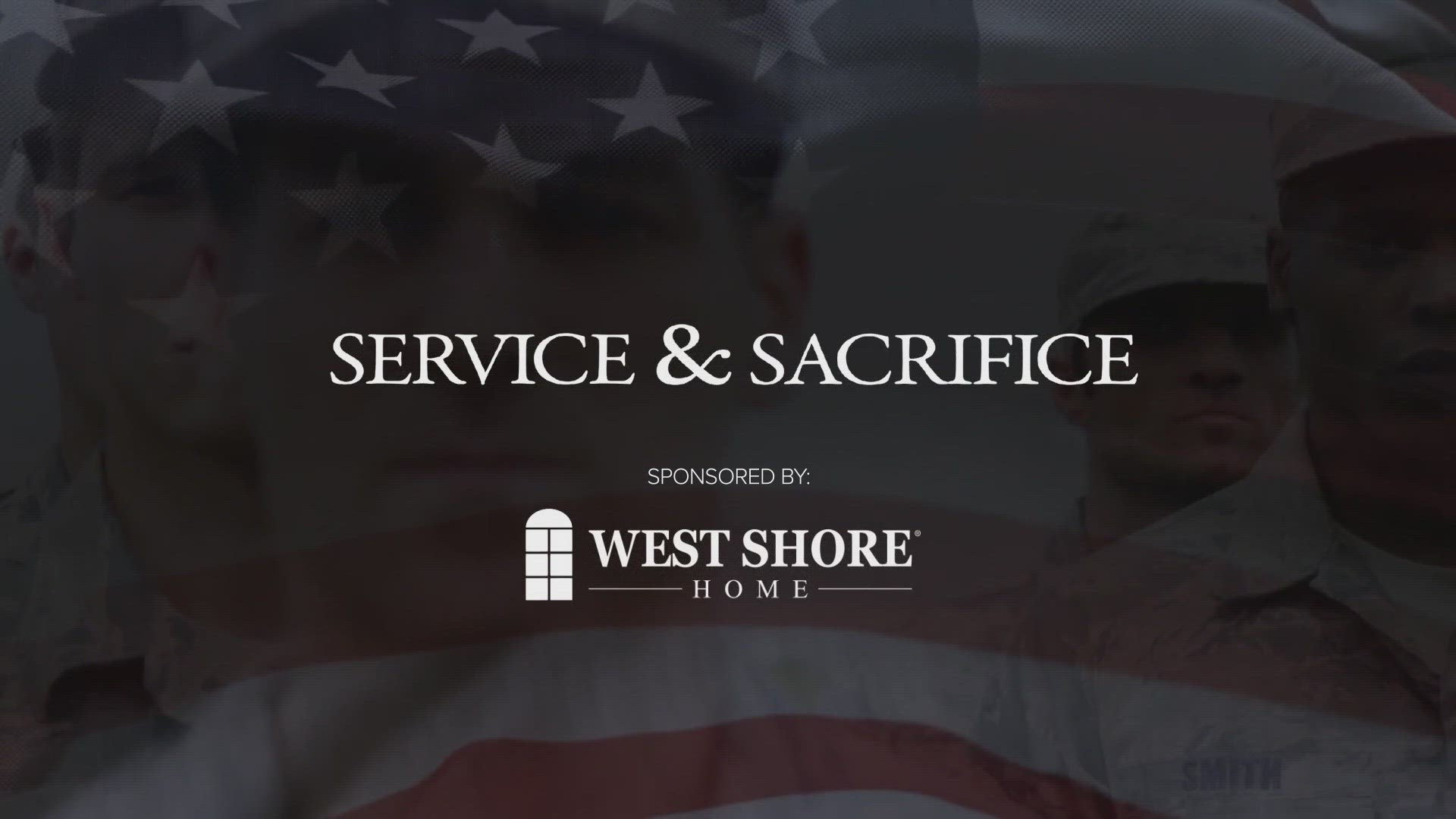KNOXVILLE, Tenn. — Silence and a blinding flash.
"We had special goggles that had been issued to us, like welders, where you couldn't see anything through them. When that blast went off, everything is lit up, just like the middle of the day,” said William Jackson, who was a 22-year-old sailor aboard a Navy ship almost 30 miles from ground zero in the remote Pacific for the largest bomb ever triggered by the United States.
"You see the pictures of the mushroom cloud. I didn't see that. All I saw was like you close your eyes. And then suddenly...white. Nothing,” said Jackson who is now 94 years old. For perspective, the explosive power of the H-bomb test in 1954 dwarfed the atomic bombs used to end World War Two. Consider the blast from a firecracker versus the explosive force in a fireworks show.
“It was so much more powerful. That was the problem. They underestimated the power of it," said Jackson.
In reflecting on the historic moment, the memory triggers immediate sympathy for fellow sailors who weren't afforded the same protection Jackson saw aboard his ship. No water shield. No protective eyewear. Decades later Jackson expressed gratitude that both he and his children didn't suffer any ill effects from the blast but also regret fellow sailors faced serious health problems years after witnessing the test.
“To me, that is a travesty that bothers me," said Jackson choking back tears.
In addition to our on-camera interview, Mr. Jackson took time to answer the following 10 questions about the impact his military service had on the rest of his life.
1. What one person influenced you most in life?
My mentor when I obtained my doctorate degree; father figure, friend and colleague
(he earned his EdD at age 25)
2. Do you feel honored and respected for serving your country?
Yes - but the "real heroes" are the ones that faced enemy fire and gave their lives or suffered injury for our country; I was just doing my job
3. How can people thank you for your service?
Supporting individual veterans that need assistance for the basics including housing; the government is not caring for our veterans that are in dire need sufficiently and that is a shame
4. How do you honor your fellow servicemen and women?
Respect for those living with disabilities and/or gave the ultimate sacrifice
5. How do you think this generation of military men and women is different or similar to yours?
They were not drafted - it is now a volunteer situation – military now is "hired guns", military is now political more than service to your county
6. What influence did your military service have on the rest of your life?
Very positive, learned to be gentleman, respectful and the need to plan and prepare - it was a turning point in my life and guided my future decisions
7. Does your family have a history of military service?
No - a couple of uncles, but did not influence my decision
8. Would you encourage younger generations in your family to join the service?
No - I feel the military has become a political organization instead of a patriotic organization, the government is hiring people to carry out political agendas
9. How has your opinion of war changed?
I was surprised that after WWII that we are engaged in the similar situations that we have seen in the past
10. How did your military experience shape your religious faith?
No effect - no impact; it was a duty not a religious obligation, religion did not play a part in my decision to serve

